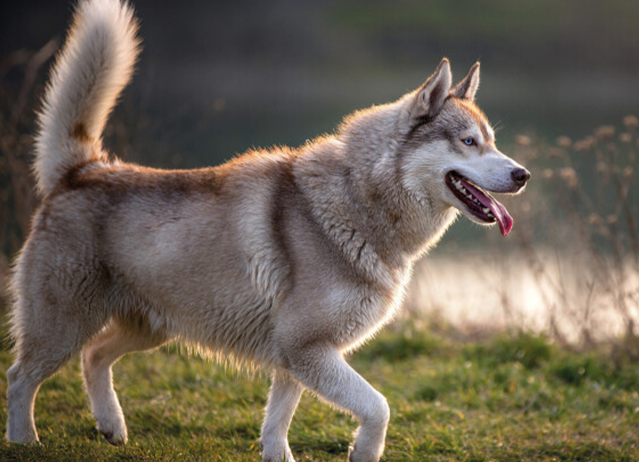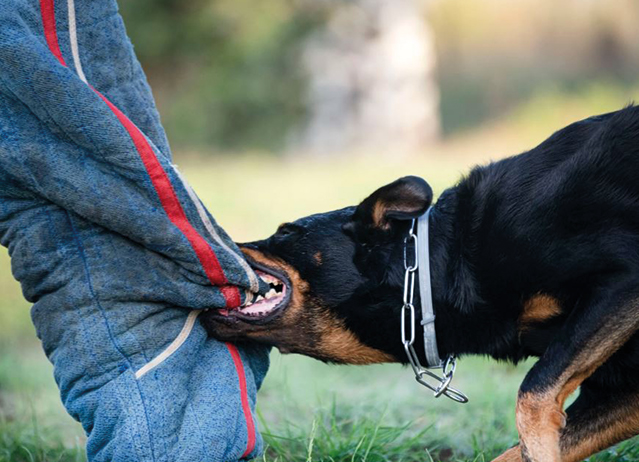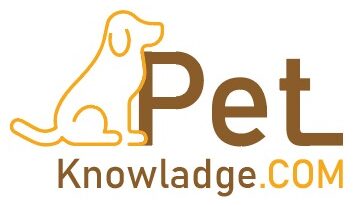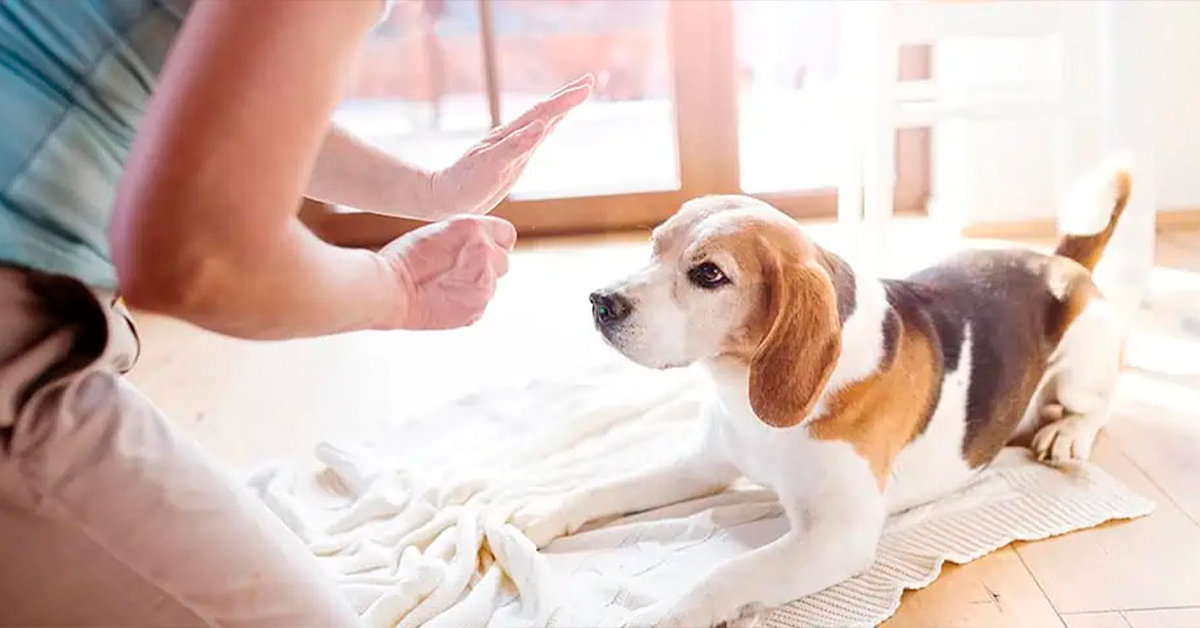Owning a dog could perhaps be one of the most rewarding experiences that one gets in life. The happiness of having dogs is love, loyalty, and companionship. However, with the great joys of owning a dog comes a burden. One of the most important aspects of dog ownership that every dog owner should know is called canine liability. Canine liability refers to the legal responsibility dog owners face when their dog causes harm or damage to someone else.
In this blog, we are going to understand what canine liability is and why it’s significant, how it can affect dog owners, and how you can better protect yourself and others from the legal consequences of dog ownership.
What is Canine Liability?
Canine liability refers to legal responsibility on the part of owners for injuries or damages their dogs may cause. In simple terms, it extends to physical harm to people, animals, or property. A situation where your dog bites someone knocks over someone or damages someone else’s property means, as an owner, you shall be held financially responsible for the billing associated with this medical care, repair, and other court costs.
The liability imposed on canines depends on the laws of the jurisdiction and the circumstances of the case. Regardless, in most instances, a dog owner is strictly liable for any type of harm caused by his or her animal even if the latter has never acted aggressively before.
Importance of Canine Liability
It is as important to understand canine liability because incidents related to dogs can bring significant financial and legal implications. In many countries and states, for instance, if your dog causes harm to someone, you will be sued for damages. The extent of the lawsuit may incur serious financial settlements no matter how accidental the incident might be.
The key reasons why canine liability is important are:
- Legal Liability: Most governments have stern dog liability laws. If your dog chews someone or hurts a person, you can be sued, and fined, and at worst, your dog might be confiscated.
- Financial Liability: Medical care, attorney fees, and compensation related to dog attacks or injuries run deep into the pocket. Without dog insurance or proper legal cover, the financial burden of these expenses falls greatly on dog owners.
- Public Safety: Knowing your dog’s liability also fosters responsible dog ownership. “Prevention equals protection” for your neighbors, other pets, and the public.
- Breed-Specific Legislation: Specific breeds are recognized as more dangerous, and particular legislation applies. Breed owners are more at risk of being targeted by higher liability odds or having particular restrictions put on them.
Common Situations Where Canine Liability Applies
Canine liability happens when a dog inflicts damage or harm. Some common situations where animal owners become liable are explained below:
- Attacks and Bites by the Dog
One of the key reasons for the prosecution of dog owners relates to the injuries given by their dogs to someone when the latter attacks. Some injuries by dogs end up in life-threatening conditions, infections, and trauma. Mainly, across jurisdictions, dog owners are strictly liable for injuries attributed to their pets regardless of whether or not their dog has ever been aggressive. - Non-aggressive Behavior Injuries
Aggression needn’t be shown for dogs to cause some form of injury. If your dog leaps up to jump on somebody enthusiastically, knocks him over, and seriously injures the man, you might be considered liable. If your dog accidentally injures a person by pulling too tight on a leash or by getting his leash tangled up around someone’s legs, your dog could still fall under the category of canine liability. - Property Damage
At times, dogs can be destructive, tearing things apart by chewing furniture, digging holes into a neighbor’s yard, or knocking over valuable items. At whatever time your dog damages another person’s property, you might have to pay for those repairs or replacements. - How the Event Affected Other Animals
This has, therefore, led to a new clause that states that if your dog bites or injures another neighbor’s dog or another cat, then you shall bear the veterinary care costs of such injuries or any other expenses that may be needed to cure the injured animal. - Leash Laws and Public Spaces
Many regions have leash laws, which mean that the dog has to be on a leash when it is taken outside into public areas. If your dog runs amuck off the leash in an area where it is not allowed and causes harm or damage, you might have fines and possibly other legal troubles. Most especially, this should be taken care of more intensely in a park, a playground, or a similar place where people or other animals are present.

Strict Liability vs. Negligence in Canine Liability
There are two main legal doctrines governing cases under canine liability: the rules of strict liability and the requirements of negligence. The level of liability upon you under the law is determined by the standards applied by the law in your place of jurisdiction.
- Strict Liability: Strict liability is one area where laws limit the owner’s civil liability to injuries or damage caused by a dog. An owner of a dog in strict liability jurisdictions becomes liable for injuries resulting from dogs that he or she has actual or constructive knowledge that they are dangerous or vicious to anyone. Therefore, you will be liable even if your dog never showed aggression or misconduct. For example, if your pet bites a visitor who comes to your residence, you could be liable for the guest’s medical charges even though your pet has never bitten anybody. In strict liability cases, it is not a question of whether the owner was negligent or not, but whether the dog injured somebody or not.
- Negligence: For negligence cases, one needs to prove that the dog owner has been careless or, in the least, taken no reasonable precautions against the accident. Failing to secure a dog properly, allowing a dog to run amok without holding the leash at hand, or even ignoring signs and indications that such a dog may eventually pose a danger to others is considered negligence. In negligence-based canine liability, the injured party must demonstrate that the owner’s acts or omission directly caused the harm inflicted by the dog.
Preventing Liability: Becoming a Safe Dog Owner
While it is impossible to insure against the possibility of accidents or mishaps involving your dog, you can be proactive regarding risk reduction through some measures to alleviate liability and protect yourself legally and financially. One way you can do this is through the training of your dog.
- rain and Socialize Your Dog: Proper training and socialization can avoid any aggressive or deleterious activity by your dogs. Training your dog to basic commands such as “sit,” “stay,” and “come” keeps you in control of your dog if the scenario is potentially dangerous. Socialization can be affected at an early age; proper interaction with other humans and animals prevents a dog from developing aggressive or fearful tendencies.
- Obey leash laws and other local regulations: For instance, always follow the local leash laws and other laws concerning dogs in public places. This can go a long way in avoiding accidents or your dog causing damage or harm whenever it is required by the authorities that you keep your dog on a leash. When your dog is off-leash within designated areas, then you are supposed to have good recall control over your pet.
- Observe Interactions: Socialize the dog to new people or other animals. Observe them closely when you socialize them with new people or other animals. Most friendly dogs become pretty unpredictable at times, particularly in unfamiliar settings. Watching them close up will prevent accidents and may help intervene if necessary.
- Buy Canine Liability Insurance: Most homeowner’s and renter’s policies cover liability to some extent for your canine companion, but if you have a high-risk breed, you can expect to pay significantly more for this coverage, which may be added as an add-on or may require a separate policy. Canine liability insurance cover may include the cost of medical attention, legal fees, and loss that is incurred consequent upon an occurrence.
- Understand Your Dog Nature: Thus, he must be well aware of the behavior and temperament of the dog. If a dog has tendencies that are aggressive by nature, fearful, or anxiety-prone, take active efforts to address this characteristic through relevant training or consultation with a professional. Knowing the triggers will enable you to avoid situations in which an incident may occur.

Breed-Specific Legislation and Canine Liability Insurance
In other places, however, breed-specific laws are enacted to target specific breeds of animals viewed as being particularly harmful or vicious. Such breed-specific laws may involve additional restrictions on owners, including the requirement for specific types of dog insurance, to keep the dog muzzled in public, or to ban them altogether.
Such legislation is usually applied to breeds such as Pit Bulls, Rottweilers, Dobermans, and German Shepherds, among others. Should you own such a breed, then you shall find it necessary to know the additional responsibilities and liabilities that go with owning such breeds.
Conclusion:
One of the things that affects all dog owners is a canine liability. Our animals bring joy and companionship into our lives but also bring along with them legal and financial liabilities. To be a responsible owner of a pet, therefore, understanding your liabilities as a dog owner, taking preventive measures that protect others, and training and socializing your dog will be crucial.
You can enjoy all the benefits of dog ownership while minimizing the risks associated with canine responsibility. However, this can be accomplished fairly easily by being aware of your local laws, practicing good safety habits, and making sure you have adequate insurance coverage.

